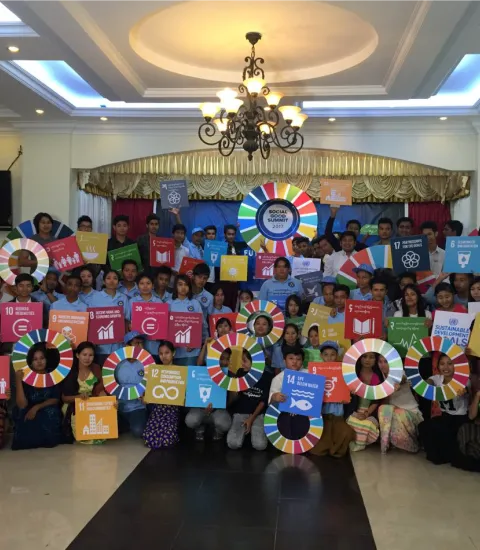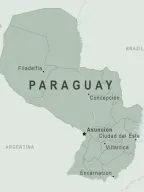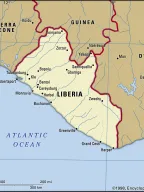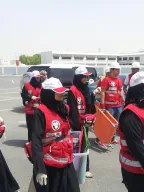
Strengthening China’s Involvement in the Development of International Volunteer Service through South-South Cooperation and the Belt and Road Initiative
The project aims to explore new partnership-building opportunities by creating new channels for the exchange of information and best practices for volunteer actors from the global South as well as supporting their effective engagement and contribution to sustainable development.
Since its implementation, the project created opportunities for Chinese and other Southern youth to volunteer internationally, share international experience, develop the capacities of volunteer involving organizations (VIOs), and facilitate cross-country knowledge-sharing and co-creation through joint research.
“Volunteer programmes in the global South often seek to internationalize their efforts, but lack international networks and overseas partners and are not well integrated into the international development ecosystem” (UNV, State of the World's Volunteerism Report 2018). This project helps to strengthen and diversify China’s strong commitment to South-South Cooperation and creates opportunities for new partnerships and strong Chinese engagement with the UN system. Through the project, the Beijing Volunteer Service Federation (BVF) established international connections with 83 volunteer-involving organizations from 52 countries and regions. It hosted 20 visits with 420 delegates from volunteer-involving organizations worldwide, and sent 33 experts to visit potential partners or attend international knowledge-sharing events, such as Thailand’s South-South Knowledge Exchange on Youth Volunteering for the SDGs.
The project also has enabled China to take a substantial step forward in the internationalization of voluntary services. As of July 2020, China has 169 million registered volunteers (https://www.thepaper.cn/newsDetail_forward_8448589 ), this huge number of volunteers is a resource to achieve SDGs. The project assisted in developing new opportunities for Beijing volunteers, through joint efforts with the Chinese Government and civil society in international volunteer deployment and exploring innovative cooperation of overseas assistance. For example, BVF partnered with the China Foundation for Poverty Alleviation in the Chinese Foreign Aid Volunteer Programme to dispatch 10 Chinese representatives to Nepal and Myanmar for 6-12 months in support of local social and economic development. A volunteer manual and project guidance were designed to support volunteer deployment. During the third phase of the project, 6 Chinese UN volunteers were dispatched to four countries: Thailand, Myanmar, Cambodia, and Kenya to carry out volunteer services. The engagement of Chinese volunteers promoted the exchange of innovative solutions, knowledge and resources among developing countries.
More than 3,000 volunteers have been engaged in the project, such as participating in the “Belt and Road” Volunteering Forum - the 2nd International Volunteers Exchange Camp to share experience and knowledge, organizing international volunteer service capacity building sessions, collecting and sharing good practices, and etc. The project strengthened international cooperation, promoted long-term volunteer service, youth and sustainable development projects in developing countries, and positioned volunteer service an important tool for the development of "Belt and Road" countries. It also provided Beijing youth with more opportunities to participate in international volunteer services and it became a sample of South-South countries’ humanities cooperation. In addition, the project facilitated the knowledge and experience sharing and skills training among the developing countries, improved the capabilities of Beijing Volunteer Service Federation and other partner organizations.
Contact:
Jinzhi LIU (Ms.)
Chief of the International Department
Beijing Volunteer Federation
+86 18611712353
Meng SHI (UNV)
Coordination assistant, Project Office
Beijing Volunteer Federation
+86 15201294303
Links:
UNV and Beijing Volunteer Service Federation launch new South-South Cooperation project
Strengthening China’s Involvement Development International Volunteer Service
UNV and UNDP promote volunteer service for the Beijing Winter Olympics








